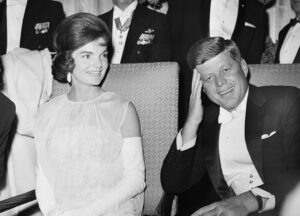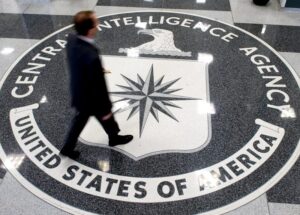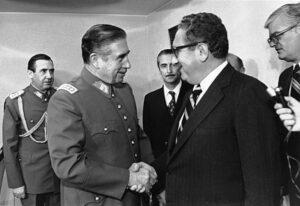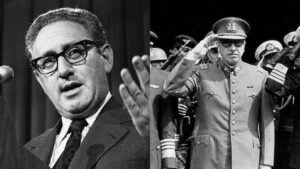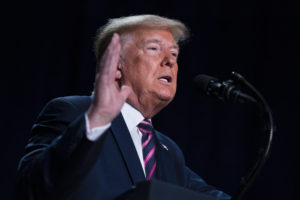Did the CIA Torture So Bush Could Invade Iraq? (Video)
The Bush administration and the CIA tortured al-Qaida suspects because they wanted evidence that linked Saddam Hussein to 9/11 and could be used to justify the 2003 invasion of Iraq, Middle East expert Patrick Cockburn writes at The Independent.The Bush administration and the CIA tortured al-Qaida suspects because they wanted evidence that linked Saddam Hussein to 9/11 and could be used to justify the 2003 invasion of Iraq, says Middle East expert Patrick Cockburn.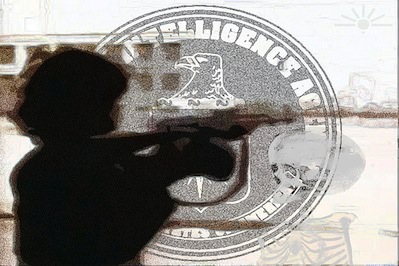
The Bush administration and the CIA tortured al-Qaida suspects because they wanted evidence that linked Saddam Hussein to 9/11 and could be used to justify the 2003 invasion of Iraq, Middle East expert Patrick Cockburn writes at The Independent.
“The agency was under intense pressure from the White House and senior figures in the Bush administration to extract confessions confirming co-operation between the Iraqi leader and al-Qaeda, although no significant evidence was ever found,” Cockburn continued. In the interview with The Real News Network above, Cockburn adds that the Senate report released in early December did not attempt to determine the motivations behind the torture.
Cockburn traces his claim to a 2009 Senate Armed Services Committee report on detainee abuse. The report quotes a former U.S. Army psychiatrist named Maj. Charles Burney, who had been stationed at Guantanamo Bay, as saying interrogators were compelled to prioritize the search for links between Saddam Hussein and al-Qaida.
“A large part of the time we were focused on trying to establish a link between al-Qaeda and Iraq,” Burney said. And when interrogators didn’t do this “there was more and more pressure to resort to measures that might produce more immediate results.”
As Cockburn confirmed in another interview with The Real News Network, any alleged link the CIA could have gotten from a suspect’s confession would have been unreliable because “somebody who is under duress, is suffering extreme pain because of torture, will say anything to stop it. He’ll say whatever he expects his torturers want him to say. So of course he’ll say, yes, al-Qaeda was linked to Saddam Hussein, he’ll say anything you want him to say. But it’s extremely dubious information.”
But under pressure from their bosses, interrogators pursued such confessions anyway. Cockburn continues at The Independent:
This explanation is confirmed by an unnamed former senior US intelligence officer familiar with the interrogations, who told the McClatchy news agency that there were two reasons “why these interrogations were so persistent and why extreme methods were used”. One was fear there might be a second attack by al-Qaeda. He added that “for most of 2002 and into 2003, [Vice-President Dick] Cheney and [Defence Secretary Donald] Rumsfeld were also demanding proof of the links between al-Qaeda and Iraq.”
On being told repeatedly by the CIA that there was no reliable intelligence about such links, Mr Cheney and Mr Rumsfeld insisted harsher methods be used. The officer said: “There was constant pressure on the intelligence agencies and the interrogators to do whatever it took to get that information out of the detainees, and when people kept coming up empty, they were told by Cheney’s and Rumsfeld’s people to push harder.”
Cockburn added that “the CIA was in a poor position to resist pressure from the administration because of its failure to predict or prevent 9/11. But for security agencies, it was a moment of opportunity to gain bigger budgets, more personnel and wider authority in order to punish the perpetrators and prevent a second attack.
“Rewards went to any person or institution showing activity in pursuing these ends, regardless of its effectiveness. One use of the ‘enhanced interrogation techniques’ programme was to make the CIA a more important player when it came to bureaucratic rivalries in Washington.”
— Posted by Alexander Reed Kelly.
Your support matters…Independent journalism is under threat and overshadowed by heavily funded mainstream media.
You can help level the playing field. Become a member.
Your tax-deductible contribution keeps us digging beneath the headlines to give you thought-provoking, investigative reporting and analysis that unearths what's really happening- without compromise.
Give today to support our courageous, independent journalists.
